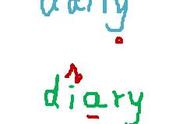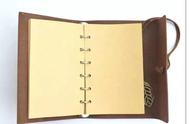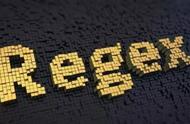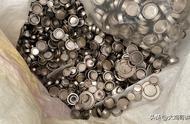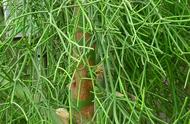
英语中有许多固定搭配,
和我们汉语的逻辑大不相同,
那些我们念起来很顺的搭配
直译成英文其实不一定是对的!
今天我们就来介绍两组~
01
写日记 ≠ write a diary
写日记
✘write a diary
✔keep a diary
Saying "write a diary" implies that the person is writing a book, or a work of fiction, not a personal day-by-day memoir. By definition a diary is the personal accounts/reflections/feelings of the author. Usually folks that keep diaries use blank books/journals that are designed for that specific purpose.
说"write "暗示了这个人在写一本书或者小说之类的,并不是某个人天天写的回忆录这种。从定义上讲,“日记”是作者的个人记录,反映自己的感受。通常写日记的人使用的都是空白簿——专门为这个目的而设计的空白簿。
I write my diary doesn't sound correct, I would always use I write in my diary. It's not like writing a novel. A diary is a book for writing in, it's already a made thing, you don't write your diary, you write things in it.
write my diary听起来不太对,我总是用write in my diary。这不像写小说。日记是一本用来写东西的书,它已经是一个制造出来的东西了,你不是在write日记,而是在日记上面write东西。
例:
I used to keep a diary when I was young.
我还年轻的时候,习惯写日记。
I've kept a diary for twelve years now.
到现在我记日记已有12年了。
02
查字典 ≠ check a dictionary
查字典:
✘check a dictionary
✔consult a dictionary
✔look it up in a dictionary
查字典的查可不是check!
直接check字典的话,
其实就是检查字典有没有什么问题。
而你真正要做的其实是在字典里找某个字,
英文则搭配的是consult。
consult的本意有
“给予或得到帮助或建议;请教”。
还有一个意思就是
“向…寻求信息”。
When you don't know the meaning of a word, you consult a dictionary.
当你不知道一个字的意思时,你就请教或者查阅字典。
You can also consult a dictionary, an encyclopedia, or any other written reference.
你也可以查阅字典、百科全书或任何其他书面资料。
例:
If you don't know how to spell a word, consult a dictionary.
如果你不知道如何拼写一个单词,查字典。
look it up
look up是对你不知道的那个东西的进行查找,
但并没有包含在哪查找的信息。
所以如果你要说在字典里查,
那么你就要说
look某个东西up in a dictionary。
look up的解释是
to try to find a particular piece of information by looking in a book or on a list, or by using a computer
试图通过查找书或列表或使用计算机来查找特定的信息
例:
I didn’t know what ‘loquacious’ meant and had to look it up in a dictionary.
我不知道loquacious是什么意思,只好查字典。
今天的内容都学会了么?
欢迎评论交流心得~






